ESTEEM
WHAT IS SELF-ESTEEM?
Self-esteem is how we value and perceive ourselves. It's based on our opinions and beliefs about ourselves, which can sometimes feel really difficult to change.When we have healthy self-esteem, we tend to feel positive about ourselves and about life in general. It makes us better able to deal with life's ups and downs.
People with healthy self-esteem:
-
Have a firm understanding of their skills
-
Are able to maintain healthy relationships with others because they have a healthy relationship with themselves
-
Have realistic and appropriate expectations of themselves and their abilities
-
Understand their needs and are able to express them
When our self-esteem is low, we tend to see ourselves and our life in a more negative and critical light. We also feel less able to take on the challenges that life throws at us.
Your self-esteem is defined by many factors including:
-
Self-confidence
-
Feeling of security
-
Identity
-
Sense of belonging
-
Feeling of competence
LOW SELF-ESTEEM:
Low self-esteem often begins in childhood. Our teachers, friends, siblings, parents, and even the media send us positive and negative messages about ourselves.
For some reason, the message that you are not good enough is the one that stays with you.Stress and difficult life events, such as serious illness or a bereavement, can have a negative effect on self-esteem.
Personality can also play a part. Some people are just more prone to negative thinking, while others set impossibly high standards for themselves.
SIGNS OF LOW SELF-ESTEEM:
If you have low self-esteem or confidence, you may hide yourself away from social situations, stop trying new things, and avoid things you find challenging.
In the short term, avoiding challenging and difficult situations might make you feel safe.
In the longer term, this can backfire because it reinforces your underlying doubts and fears. It teaches you the unhelpful rule that the only way to cope is by avoiding things.
Living with low self-esteem can harm your mental health and lead to problems such as depression and anxiety.
You may also develop unhelpful habits, such as smoking and drinking too much, as a way of coping.
CHALLENGING NEGATIVE AUTOMATIC THOUGHTS:
Everyone can suffer negative thinking. If a few bad things happen to us over a short period of time, we have a crisis of confidence. Our self image takes a downward slide and we start to question the beliefs we have about ourselves.
WHAT CAN HELP?
'Self-help' tips don't solve the issue. However, they can help you/others feel more in control when experiencing strong emotions.
If you find that 'self-help' isn't enough, consider reaching out to a counsellor or your GP for help managing overwhelming emotions.
01
Recognise what you are good at. We're all good at something, whether it's cooking, singing, doing puzzles or being friends. We also tend to enjoy doing the things we're good at, which can help boost your mood
02
If you find certain people tend to bring you down, try to spend less time with them, or tell them how you feel about their words or actions. Try to build relationships with people who are positive and who appreciate you.
03
Being kind to yourself means being gentle to yourself at times when you feel like being self-critical. Think about what you'd say to a friend in a similar situation. We often give far better advice to others than we do to ourselves.
04
Being assertive is about respecting other people's opinions and needs, and expecting the same from them.
One trick is to look at other people who act assertively and copy what they do.
05
People with low self-esteem often feel they have to say yes to other people, even when they do not really want to. The risk is that you become overburdened, resentful, angry and depressed.
06
We all feel nervous or afraid to do things at times. But people with healthy self-esteem do not let these feelings stop them trying new things or taking on challenges.
07
Set yourself a goal, such as joining an exercise class or going to a social occasion. Achieving your goals will help to increase your self-esteem
08
Identify negative beliefs you have about yourself and challenge them. Focus instead on positives and challenge yourself to find 3 positives every day.
09
Start saying ‘no’. When you say yes all the time you are at risk of being overburdened , resentful and even angry. Saying no won't upset relationships.
10
Stop comparing yourself to others. Focus on your own goals and achievements rather than measuring yourself against others. Social media is not a true representation of a person's life.
Negative Automatic Thinking reinforces negative self-esteem and self belief.
-
Things aren’t always either black or white. Try to think that one little mistake or slip-up doesn’t mean complete failure. Start afresh tomorrow.
-
Don’t jump to conclusions. You can’t read someone else’s mind and don’t know what they are thinking. There may be another explanation. What’s the evidence?
-
Keep an open mind about the future. Having negative expectations based on previous experience can rule out the real possibility of change.
-
Swap unhelpful and negative labels for positive re-inforcement
-
Be kinder to yourself. Using words like ‘should’, ‘must’ and ‘have to’ can make yourself feel guilty and add more pressure. Don’t expect the impossible – be reasonable about what is possible or likely
-
If something isn’t your fault don’t automatically blame yourself. This will have a negative effect on your self-worth and make you feel that you are always at fault.
-
Thinking an unlikely disaster is going to happen or attaching too much importance to a negative experience
EXTERNAL INFORMATION, SUPPORT AND ADVICE






















































 |  |  |
|---|---|---|
 |  |  |
 |  |  |
 | 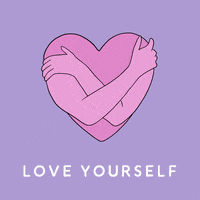 |  |
 |  |  |
 |  |  |
 |  |  |
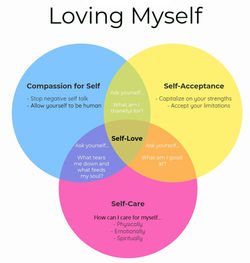 |  |  |
 |  |  |
 |  |  |
 |  |  |
 |  |  |
 |  |  |
 |  |  |
 |  |  |
 |  |  |
 |  |  |
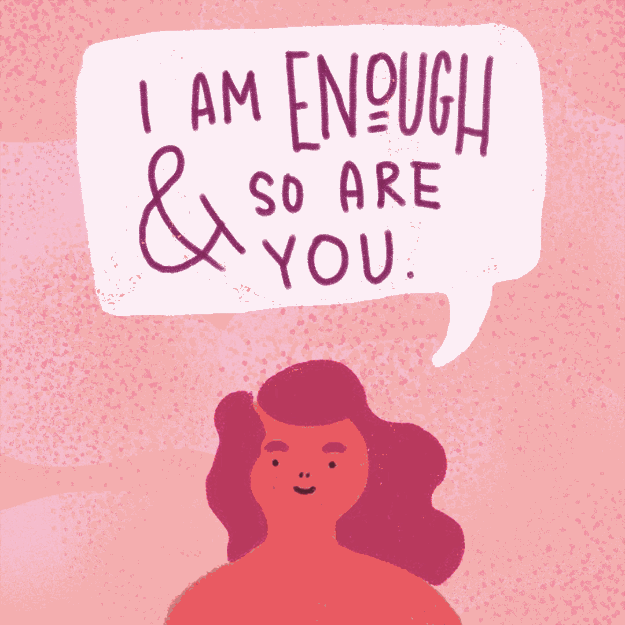 |  | 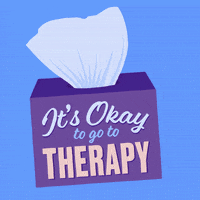 |
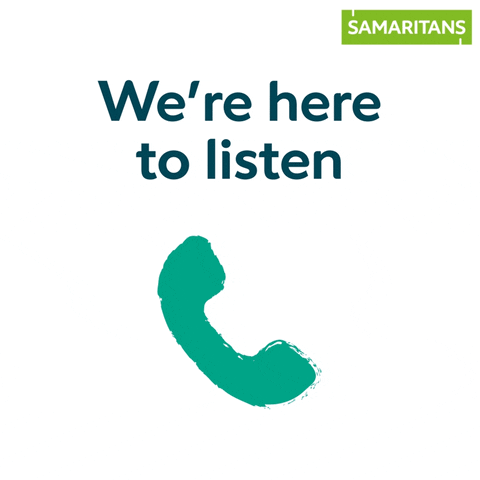 |  |  |
 |  |  |
 |  |

